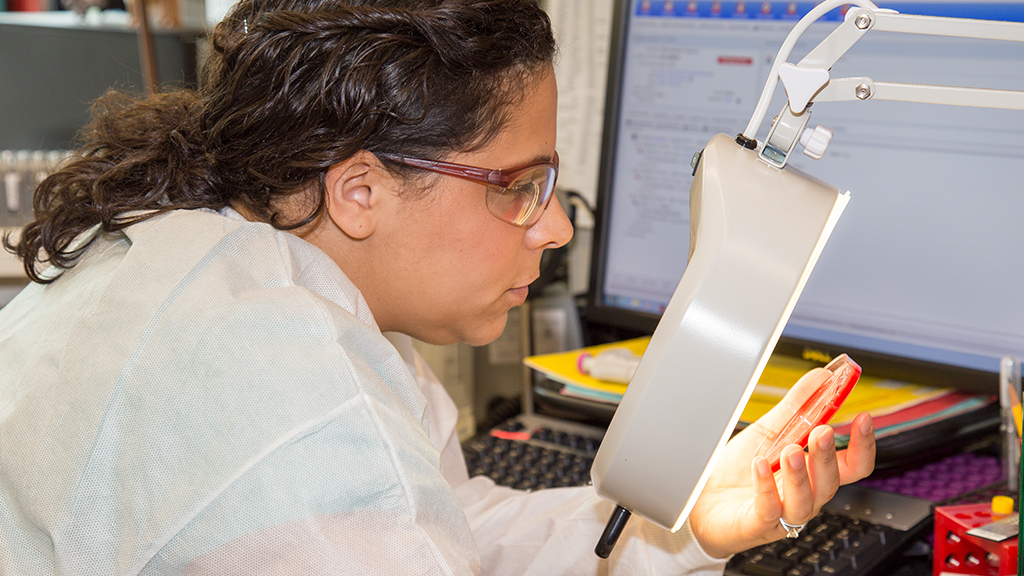Maintaining your pet’s well-being ensures they live their best life. Diagnostic centers for pets are crucial for identifying health issues for companion animals.
This article, we’ll discuss how veterinary labs work, their key services, and how these services benefit your pets.
What Are Veterinary Labs?
Animal health laboratories focus on examining health conditions in pets. Veterinarians rely on them to develop effective treatment plans.

The procedures at these labs typically involves:
- Gathering pet health data: Vital specimens are collected from the pet.
- Sample examination: Specialized equipment analyze the samples.
- Understanding the data: The lab delivers insights to the veterinarian for custom care strategies.
Common Veterinary Tests for Pets
Pet labs run multiple health assessments to monitor their well-being. Important assessments include:
- Hematology panels: Evaluate overall health.
- Kidney function tests: Spot bladder issues.
- Stool analysis: Ensure proper digestion.
- Allergen identification: Address skin irritations.
- X-rays and ultrasounds: Examine internal organs.
laboratorio necropsia veterinaria
Why Regular Testing is Important for Your Pets
Frequent lab testing is critical to improving quality of life. Timely diagnosis helps avoid complications.

The top benefits include:
- Improved health outcomes: Customized solutions for your pet’s needs.
- Knowing your pet is cared for: Catch issues before they worsen.
- Financial benefits of prevention: Save money by staying ahead of problems.
Why Veterinary Testing is Essential for Cats and Dogs
Investing in diagnostic tests for dogs and cats supports their overall wellness. Animal diagnostic centers work as an extension of your vet’s expertise to ensure optimal health.
Start using veterinary labs for routine care to give them the best care possible!